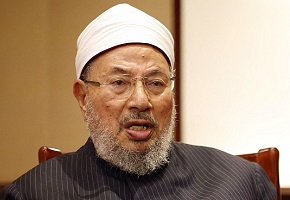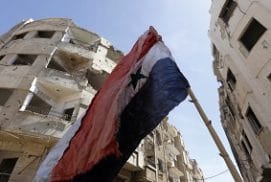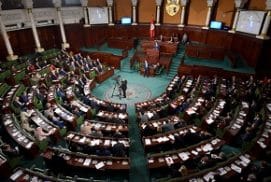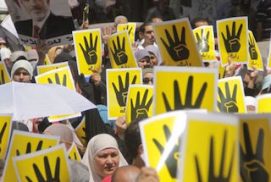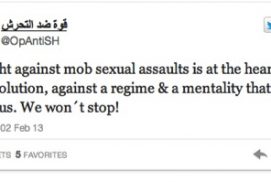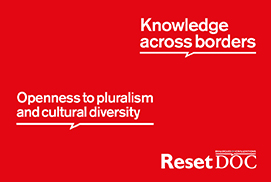Claudia De Martino 10 January 2024
Qatar is a small Gulf state that has recently returned to the spotlight as a mediator in the hostage crisis between Hamas and Israel. This is due to its good relations with both Washington and Tel Aviv, as well as its ties to the Muslim Brotherhood movements in the Arab world. Doha serves as the main sponsor of the Muslim Brotherhood in the region. To date, Qatar has successfully facilitated the only prisoner exchange between Israel and Gaza, resulting in the release of 121 hostages in exchange for 240 Palestinian political prisoners. In addition, a seven-day truce was achieved, which benefited Hamas and facilitated the entry of much-needed humanitarian aid into the Gaza Strip. However, Doha remains an unscrupulous player in international relations, detached from the logic of inter-state loyalty and multilateral alliances, and continues to act as a free agent (or, if anything, aligned with Erdogan’s Turkey), lacking any normative approach in the international community.



